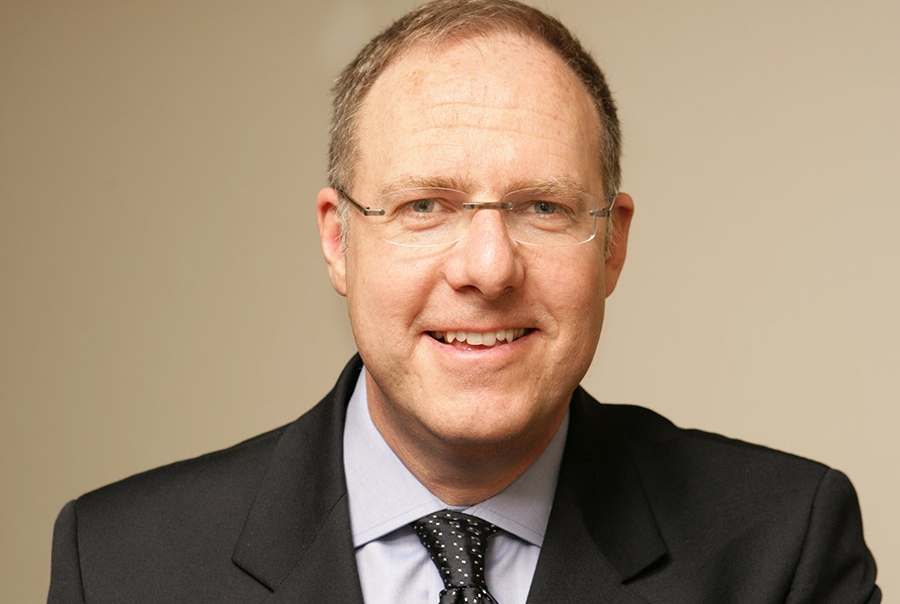The cost of treating the more than 7 million people with substance use disorder can be taxing for both public and private payers. But sorting out the complex economics of treating substance use disorder is the goal of a new center funded by a $5.8 million grant from the National Institute on Drug Abuse.
Dr. Bruce R. Schackman, the Saul P. Steinberg Distinguished Professor of Psychiatry and Public Health and a professor of healthcare policy and research at Weill Cornell Medical College will lead the cross-institutional Center for Health Economics of Treatment Interventions for Substance Use Disorder, HCV, and HIV (CHERISH). By developing and disseminating economic evidence that informs substance use treatment policy and hepatitis C and HIV care for substance users, the center will serve as a national resource for substance use health economics research.
"By furthering scientific collaboration among researchers, administering pilot grants, and conducting training activities and outreach to clinical and policy decision makers, CHERISH will increase the impact of substance use economic research," says Dr. Schackman, who serves as the center's director. "This new funding allows us to create an infrastructure that will enhance existing research projects, promote state-of-the art economic research methods, and improve the ability of substance use economic researchers to communicate with decision makers and address changes in today's healthcare system."
In 2013, an estimated 7.6 million persons ages 12 or older needed treatment for misuse of illicit drugs, but only 1.5 million received specialty treatment. The most commonly reported reason for not receiving treatment was lack of insurance coverage and inability to afford the cost.
"As a result of transformations within the healthcare industry, providers and insurers are now considering the totality of costs and benefits of healthcare, instead of just the costs and benefits of individual service delivery silos," says Dr. Rainu Kaushal, the Frances and John L. Loeb Professor of Medical Informatics and chair of the Department of Healthcare Policy and Research at Weill Cornell, where the center will be headquartered.
From 2014 to 2020, spending on treatment for substance use disorders in the United States is expected to grow from $31.3 billion to $42.1 billion, growth that will be driven by the expansion of insurance coverage and the integration of substance use treatment into the broader spectrum of health services.
CHERISH is a collaboration among researchers at Weill Cornell, Boston Medical Center, the University of Pennsylvania, and the University of Miami.
"Health insurance expansion presents new opportunities for integrated care of substance users, such as mandatory coverage for hepatitis C and HIV screening without patient co-payments," says Dr. Benjamin P. Linas, the director of the HIV Epidemiology and Outcomes Research Unit at Boston Medical Center, who will serve as CHERISH's HCV and HIV core director.
Dr. Daniel Polsky, the executive director of the Leonard Davis Institute of Health Economics at the University of Pennsylvania and an eminent health economist who has led several studies on substance use economics, will serve as co-director of the CHERISH dissemination and policy core. "We will bring the full resources of LDI to translate, disseminate and enhance the relevance of substance use health economic research results to clinical and policy stakeholders," Dr. Polsky says.

